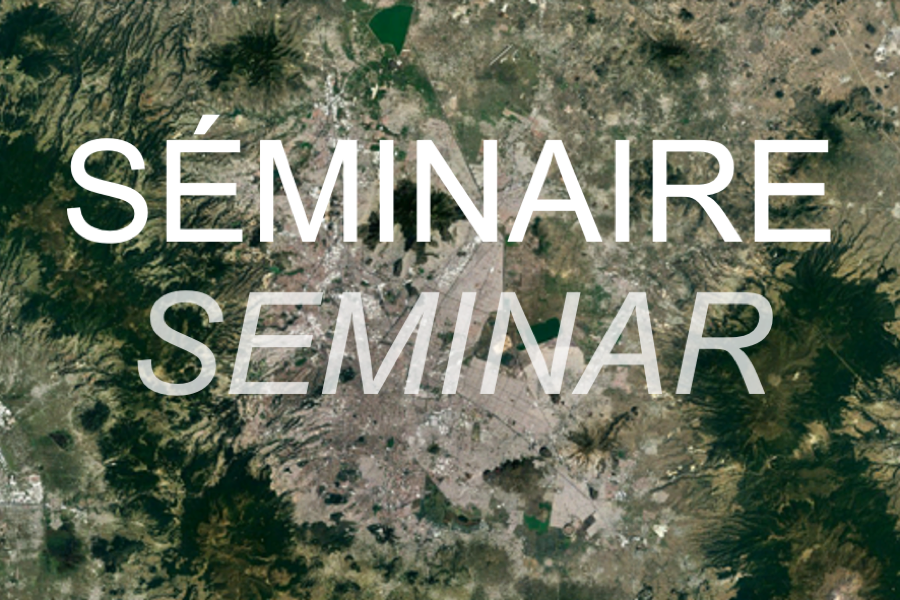Louis Bourgois and Elise Roche, “Dix ans de résorption de bidonvilles… et de recherches”, interview with Olivier Legros and Tommaso Vitale, Géocarrefour, 2023
21 March 2024
Adrienne LeBas, Can Social Intermediaries Build the State? Taxation and Informal Governance in Lagos, Nigeria, 20.06.2024, 5pm-7pm CET
6 June 2024Quentin Ramond, Spatial inequality and attachment to society across socioeconomic groups: longitudinal evidence from Chile, 16.05.2024, 2:45pm-4:45pm CET
Sciences Po, Room H202A, 28 rue des Saints-Pères, 75007 Paris & Zoom*
Spatial inequality and attachment to society across socioeconomic groups: longitudinal evidence from Chile
This study examines how residential segregation affects individuals’ attachment to society, including attitudes such as sense of national belonging and identification, social and institutional trust, adherence to social norms, and behaviors like supportive social relationships, civic engagement, and political participation. It also investigates whether the association between neighborhood conditions and attachment to society varies across socioeconomic groups. We focus on Santiago, Chile, one of the most segregated cities worldwide. We combine large-scale survey data from the Chilean Longitudinal Social Study (2016-2022) with administrative data at the census tract level. Using panel regression models, we find that exposure to disadvantaged neighborhoods strongly reduces people’s attachment to society, specifically regarding the relational and political components (e.g., sociality, trust, and participation). Conversely, individuals’ feeling of national belonging and identification decreases in affluent areas. In addition, we document large heterogeneity in the influence of residential segregation depending on individuals’ socioeconomic resources. Remarkably, sense of belonging increases in better-off neighborhoods among deprived residents, while trust and participation increase in affluent neighborhoods, but only among wealthy residents. We conclude that the spatial concentration of affluence reinforces the influence of individual resources in increasing attachment to society among the urban wealthy, whereas the concentration of poverty, which reduces individuals’ life opportunities, may hinder the development of dispositions that lead to greater attachment to society.
Speaker

Quentin Ramond is an assistant professor at the Centre for Economics and Social Policy (CEAS) at the Mayor University, Chile. He obtained his PhD in sociology in 2019 at the Centre for Research on Social Inequalities and at the Laboratory for Interdisciplinary Evaluation of Public Policies, Sciences Po. Quentin’s research interests include urban sociology, sociology of education, housing, social cohesion, and public policy. He specializes in examining neighborhood and school segregation processes and how they produce inequalities and shape individuals’ preferences, constraints, and behaviors. Quentin’s recent work has been published in leading journals like Housing Studies and Urban Studies.
*The link will be sent to you after your registration
Subscribe to our mailing list | For more information: citiesarebackintown@sciencespo.fr

